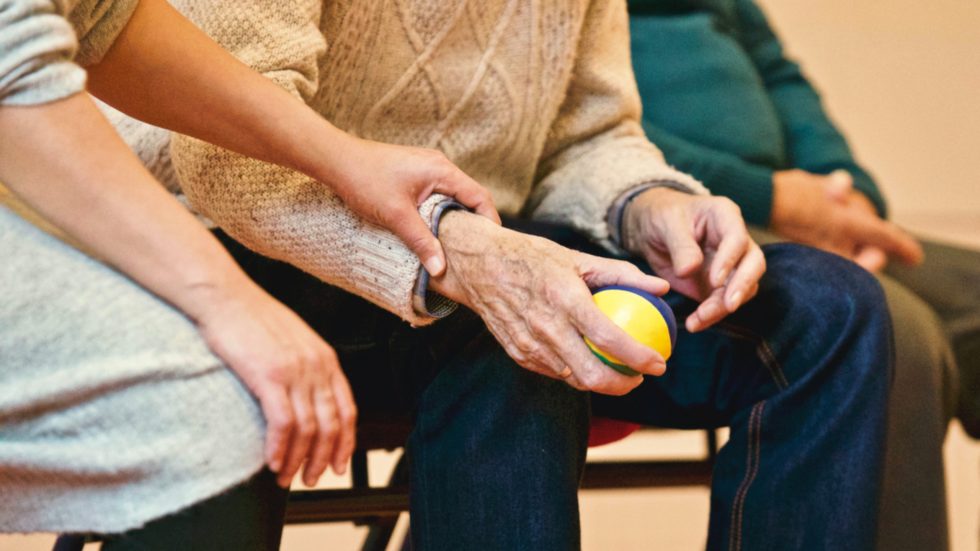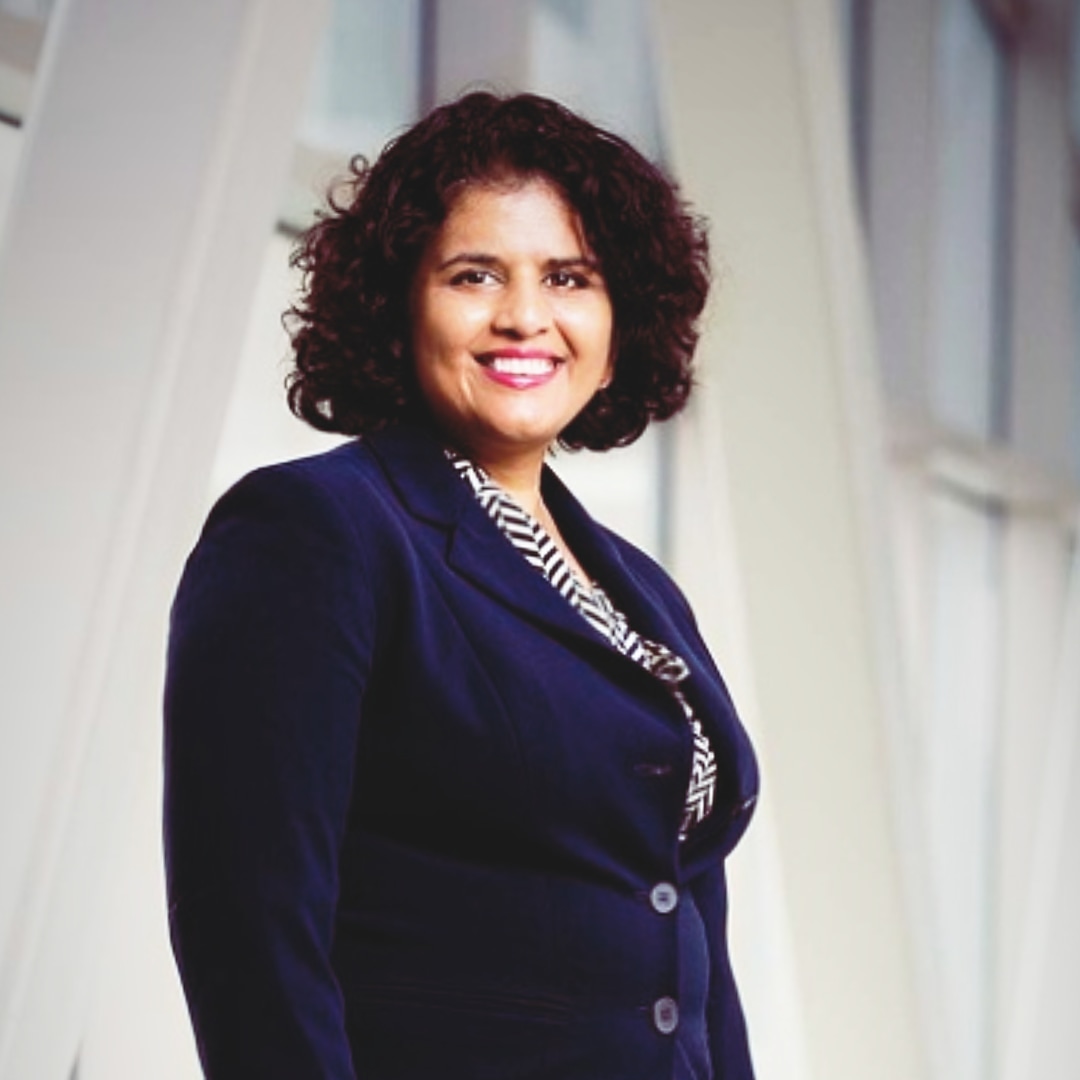Recovering from surgery can be a long, daunting process. When a loved one undergoes surgery, there are ways to make it easier on them and help them stay as safe as possible as they convalesce. Knowing what to do beforehand can give you and your loved one peace of mind. Help With Chores After surgery, your […]
The Thrive Global Community welcomes voices from many spheres on our open platform. We publish pieces as written by outside contributors with a wide range of opinions, which don’t necessarily reflect our own. Community stories are not commissioned by our editorial team and must meet our guidelines prior to being published.
By
- Sabha Ganai MD, Board-Certified Surgical Oncologist at Sanford Health

Recovering from surgery can be a long, daunting process. When a loved one undergoes surgery, there are ways to make it easier on them and help them stay as safe as possible as they convalesce. Knowing what to do beforehand can give you and your loved one peace of mind.
- Help With Chores
After surgery, your loved one will probably be in pain and unable to do much. Simple things like cooking, cleaning, picking up groceries and prescriptions, or doing laundry will help them immensely. Not worrying about chores will free up more time and energy for healing.
- Be Knowledgeable
Your loved one may be unable to concentrate or fully understand the discharge and aftercare instructions they are given. You can help them by staying up to date on things like appointments, medications, and any restrictions like diet or activities. Knowing what your loved one needs can help to ensure a smooth and safe recovery for them. Being informed also will allow you to advocate for your loved one if it becomes necessary.
- Be Present
Being alone after major surgery can be both isolating and dangerous. Your loved one might feel lonely or even abandoned if no one shows up to spend time with them. Not only that, they might have a medical crisis such as a fall which could be disastrous if they are alone. Make sure you and others can visit often during recovery.
- Use Technology Effectively
Technology is versatile and important. It can be used to track medical expenses, appointments, medications, and more. Another way to use technology for your loved one is to do video visits with healthcare providers who offer them. Some healthcare providers will even do virtual training on how to carry out aftercare instructions if you and your loved one are unclear. Some apps show medical records, test results, and other pertinent health information. You can share information back and forth with the healthcare team as needed. You can also make video calls to your loved one to brighten their day and check on them when you are unable to physically get to them.

Sabha Ganai MD, Board-Certified Surgical Oncologist at Sanford Health
Based in Fargo, North Dakota, Sabha Ganai MD is a healthcare professional with multiple areas of expertise. In her clinical career, Dr. Ganai works at Sanford Health as a GI Surgical Oncologist in the Department of Surgical Oncology. Here, she works to ensure her patients have a solid understanding of their treatment and the plan moving forward.
In an academic capacity, Sabha Ganai MD is an Associate Professor of Surgery at the University of North Dakota, where she is studying the disparities in healthcare and cancer treatments for rural communities across America. Through her work, she wants to ensure all people have adequate care and treatment. Dr. Ganai is also a member of the American College of Surgeons Commission on Cancer.
Share your comments below. Please read our commenting guidelines before posting. If you have a concern about a comment, report it here.








